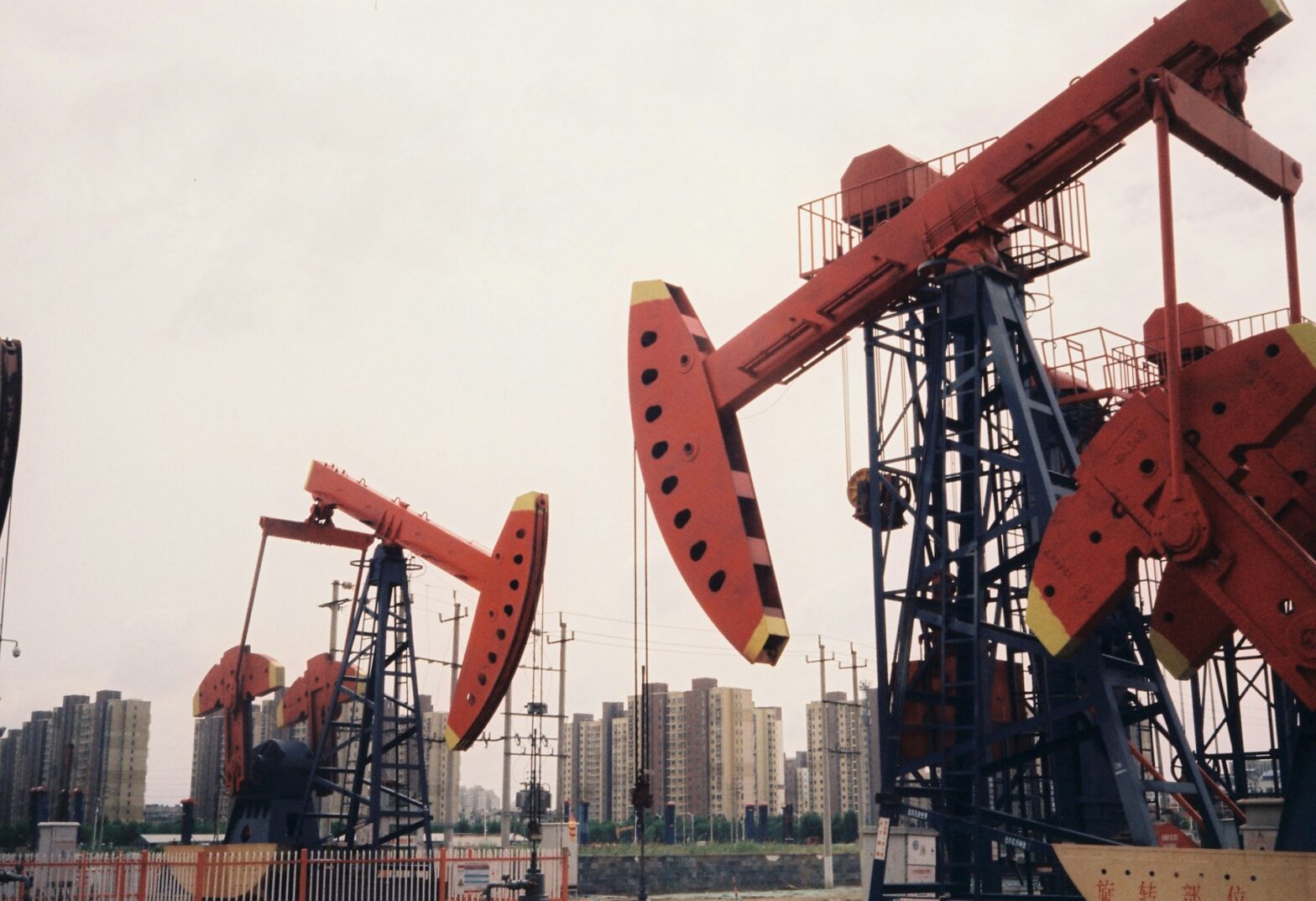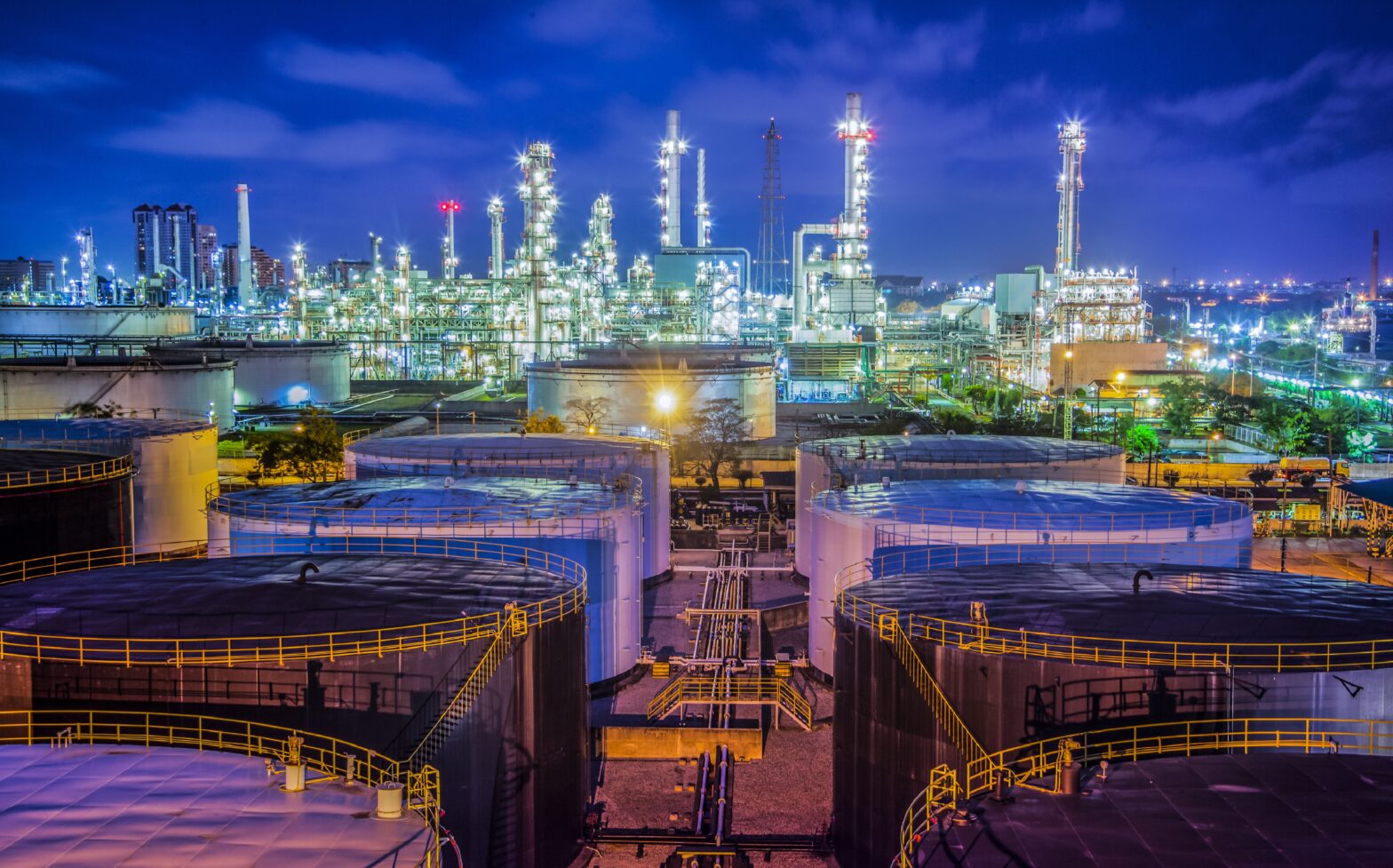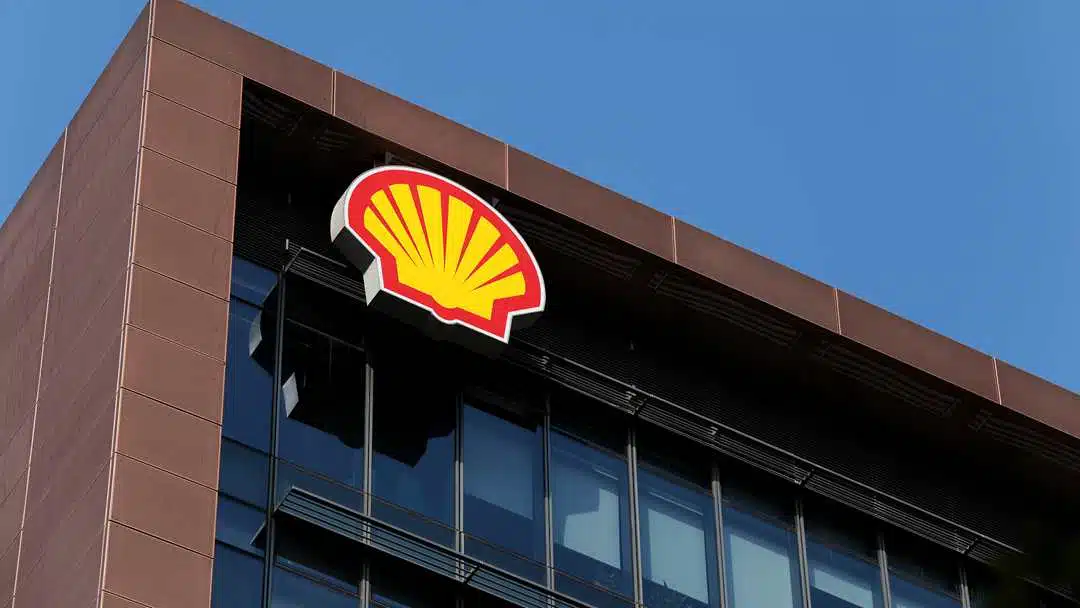At least two of Europe’s most renowned crude oil refineries—Grangemouth in Scotland and Wesseling in Germany—face closure and conversion this year, as Nigeria’s Dangote Refinery continues to disrupt the European refining market, a new survey shows.
Speaking at the Financial Times Commodities Global Summit in Lausanne, Switzerland, on Monday, a panel of industry analysts and UK executives warned that European oil refineries must adapt to the energy transition or face an increasing risk of closure by 2035.
They predicted that the disruption, driven in part by new competitors like Nigeria’s Dangote Refinery, will continue for the next decade.
The two refineries include Scotland’s only Grangemouth refinery, operated by Petroineos and Germany’s Wesseling plant, operated by Shell.
Grangemouth—the UK’s oldest—is set to transition into a fuel import terminal.
Last year, Petroineos, Grangemouth’s operator said Scotland’s only oil refinery will cease operation in the second quarter of 2025, with the loss of 400 jobs.
Petroineos cited profitability challenges as the reason for the closure, stating that the company had invested $1.2 billion since 2011, and returned losses in excess of $775 million over the same period.
On the other hand, Shell’s Wesseling plant in Germany is expected to cease crude processing.
Last year, Shell announced the closure of the oil refinery by 2025, with plans to convert the site into a facility for producing lubricant feedstock.
European refiners face an imminent decline in demand for petroleum products as new refineries open in Africa and other places.
“Grangemouth is increasingly unable to compete with bigger, more modern and efficient sites in the Middle East, Asia and Africa. Due to its size and configuration, Grangemouth incurs high levels of capital expenditure each year just to maintain its licence to operate,” Petroineos said.
These newer, more modernised plants have a competitive advantage—in terms of greater efficiency and lower operating costs—over older plants in Europe, accelerating their closures and conversions.
The 650,000 barrels per day (bpd) Dangote refinery in Nigeria has significantly altered traditional fuel supply chains between Europe and Africa, since commencing commercial operations in early 2024.
Historically, European refineries have been the primary suppliers of gasoline and diesel to West Africa because of the region’s limited refining capabilities.
Nigeria, despite being Africa’s top oil producer, relied heavily on imported refined products due to inadequate domestic refining infrastructure.
This dynamic fostered a lucrative $17 billion annual trade for European refiners.
However, the emergence of the giant Dangote Refinery, considerably bigger than any refinery in Europe and more than enough for Nigeria’s needs, is reversing this trend.
Analysts from Kpler, a global trade intelligence platform, estimate that between 300,000 to 400,000 bpd of European refining capacity is at risk of closure due to increased global gasoline production and the Dangote Refinery’s capacity to
As the $20 billion Dangote Refinery continues to ramp up production, its impact on European refineries is expected to intensify.
UK executives have expressed concerns over the potential ramifications for European refineries, particularly coastal facilities that rely on exports.
According to these executives, coastal refineries are more vulnerable than inland refineries, which depend on local demand and face less risk.
Dangote refinery disruption
Before the entry of Dangote refinery into the African energy landscape, coastal refineries in Europe were the lifting points of fuel for many countries including Nigeria.
In January, data from Vortex Ltd, compiled by Bloomberg News, revealed that Nigeria’s petrol imports had dropped to 110,000 barrels per day (bpd), marking an eight-year low.
This decline is attributed to the Dangote ramping up production, significantly reducing the country’s reliance on foreign fuel and yielding substantial savings in foreign exchange reserves.
In addition, analysts from Kpler, a global trade intelligence platform, estimate that between 300,000 to 400,000 bpd of European refining capacity is at risk of closure.
This is due to rising global gasoline production and the Dangote Refinery’s growing ability to meet West African fuel demand.
Eugene Lindell, head of refined products at FGE, a global energy consultancy, highlighted the challenges European refineries now face:
“The loss of the West African market will be problematic for a small set of refineries that do not have the kit to upgrade their gasoline to European and U.S. specification.”
As of December 2024, the Dangote Refinery had already shipped petrol to multiple African nations, including Cameroon, Ghana, Angola, and South Africa.
The refinery’s influence extends beyond West Africa.
Last year, British Petroleum (BP) placed its first aviation fuel order from the facility, and its jet fuel is now being recommended for use in major hubs such as Heathrow Airport in the UK.
As the Dangote continues to expand production, its impact on European refineries is expected to grow, reshaping global fuel supply chains in the years ahead.










